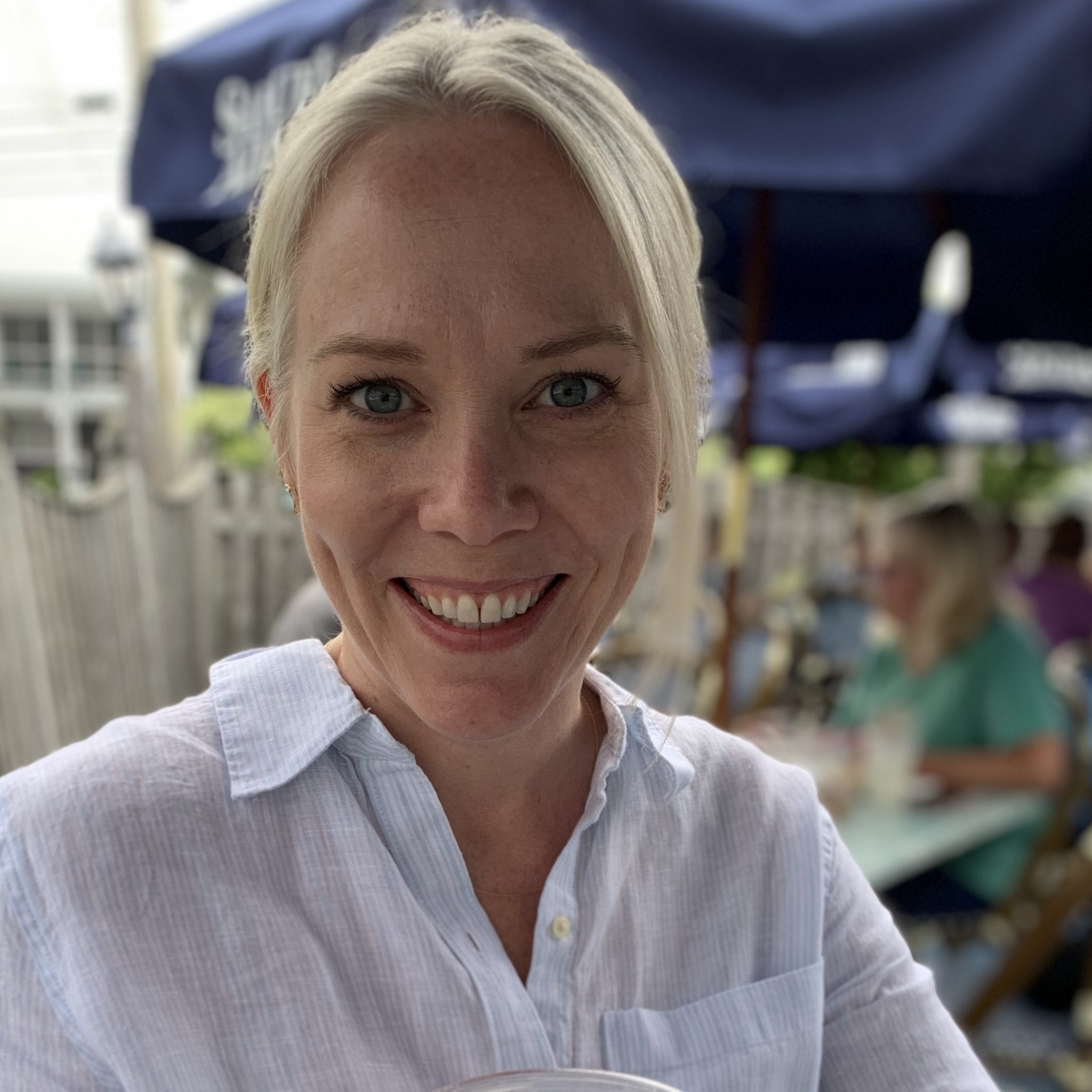
April 30, 2021, Submitted by Sarah Goldman
This Monday, May 3rd at 7PM, the first ever Hingham Special Education Town Hall will take place, in person, at the middle school. If you had asked me a few years ago if I knew anything at all about special education in our public schools, I would have honestly answered no. After all, it doesn’t concern me. Well, as they say, hindsight is 20/20. What I now know to be true is that by the time you start talking about special education for your child, you will wish you had paid more attention. As parent, it is an emotional and often isolating journey. This forum is an opportunity to educate yourself.
Special education, itself, is a pretty simple concept. It’s the practice of teaching students in a way that is tailored to their individual differences, disabilities and special needs. The complexity of special education in our schools begins and ends with the huge umbrella of neurodiversity it covers.
A student who has trouble doing math problems, understanding time and money or remembering math facts may have dyscalculia and qualify for special education. A student who has difficulty with reading, writing or spelling may be dyslexic and will also qualify for special education. A student who has a hard time interpreting what the ear hears or the eyes see (which is not the same as a hearing or visual impairment), may have an auditory or visual processing disorder that qualifies him or her for special education. Students with other health impairments that affect their time at school, such as ADHD, may qualify for special education. Students with autism, hearing or vision impairment, intellectual disability—it’s all under special education.
In Hingham, as of January 2021, there are roughly 600 students on Individualized Education Plans (IEPs) who receive special education services. Of those 600 students, there are 44 students who are placed out of our district because they cannot have their needs met here in Hingham. There are another 250 students on 504 plans who also receive accommodations or support while at school.
In total, there are 850 students in Hingham who require something more than the students around them to assure the fare and equal education they are guaranteed by law. That is roughly 22% of our student population—the equivalent of Foster and East elementary schools combined. That number is expected to increase next year. I can confidently guarantee that you have friends with students on an IEP or 504 plan and because you care for them, this town hall should be important to you.
In my experience, the learning curve of how to find and secure the accommodations and services my child needed was steep and emotionally rocky. People don’t talk about special education. I spent a lot time feeling alone and worried—wondering how was I going to do right by my kid when I had no idea what to do next. I would have been lost without the Hingham SEPAC (Special Education Parent Advisory Committee).
Our SEPAC is a community of parents and guardians of children who receive special education services and is a free and confidential outlet of information and support. The state of Massachusetts believes SEPACs to be so important that since 1986 all public schools have been required to have one. Our Hingham SEPAC was run this past year by two co-presidents whose diligent efforts to listen to parents and speak for parents, have been nothing short of a lifeline for many frustrated families during this pandemic year.
Next year, both our chairs are moving on to different roles in town. As of now, no one has raised a hand to become the link between special education parents and school administration. Our state mandated Hingham SEPAC will cease to exist. This forum is the last big effort by that team to bring light to special education needs in this town.
If you have a child with an IEP or 504 plan—you should be in the room on Monday. If are number crunching in your head as to the incredible expense of out of district placement—you should be in the room on Monday. If you are concerned that we have a huge population of special education students, but no Director of Special Education—you should be in the room on Monday. If you know a child or have a friend with a child who ever feels “less than” because he or she needs extra help to find success at school, we need you in that room on Monday.
I am asking this town to step up and be present for all our students. Please help us make this town a place where no child is ever made to feel ashamed for their learning difference or disability. Because anything less than that is not acceptable, I invite you to join me in that room on Monday.
The Hingham Special Education Town Hall meeting will take place in person in the middle school auditorium from 7-8:30PM. Socially distancing measures will be in place and masks are mandatory. Dr. Austin will there to hear from parents and answer questions. If you have questions or would like to join Hingham SEPAC, please email Hinghamsepac@gmail.com.
Sarah Goldman is the parent of two Hingham public school students and a Hingham SEPAC board member. At the end of this academic year, her family is relocating out of Massachusetts.

